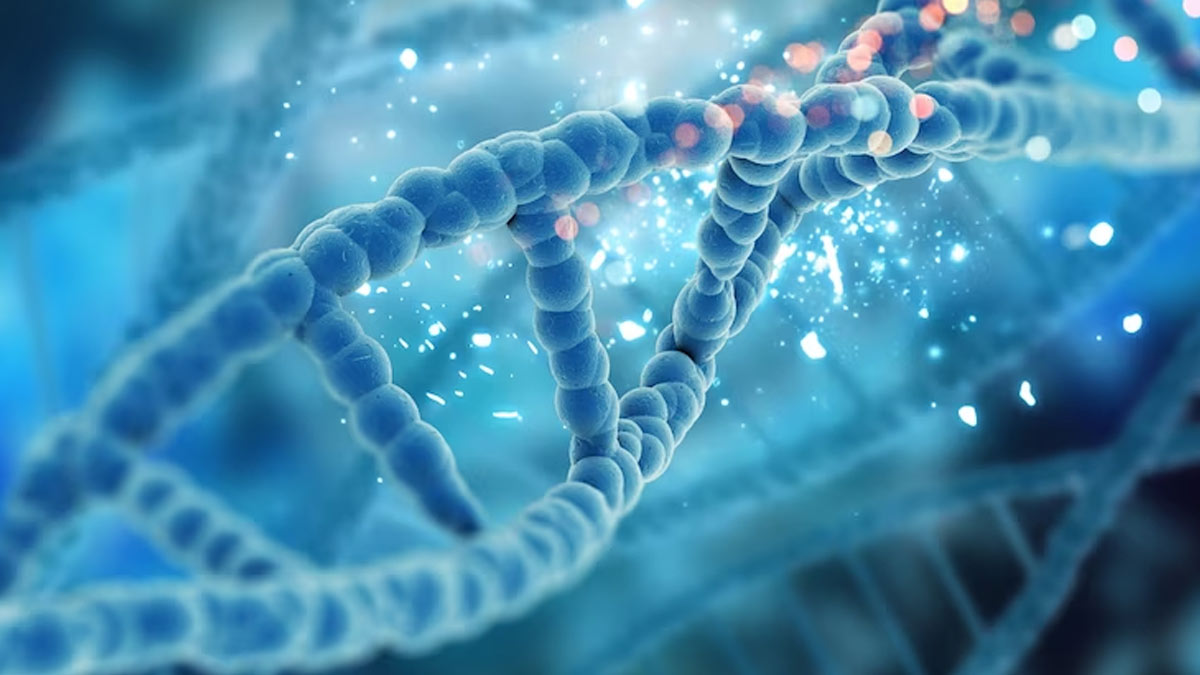
Early puberty, also known as precocious puberty, occurs when an individual matures physically at an earlier age than is normally expected. The most common cause is hormonal imbalance due to a medical condition or medication. Other causes include genetics, nutritional deficiencies, and environmental factors such as exposure to toxins or chemicals.
Table of Content:-
Reasons Behind Early Puberty
Tumour In Pituitary Gland
According to research published in National Centre For Biotechnology Information (NCBI), in some cases, early puberty may be caused by a medical condition such as a tumour in the pituitary gland or other hormonal disorders. This is why seeing a doctor is important if you or someone in your family has early puberty.

Steroids
Certain medications, such as steroids, anti-seizure drugs, and medical conditions, can lead to an imbalance in hormones, which can lead to early puberty.
Nutritional Deficiency
A lack of essential vitamins and minerals in your diet can also lead to early puberty. Poor nutrition can cause the body to produce hormones at an earlier age than would normally be expected. Environmental factors such as certain chemicals and toxins can also contribute to early puberty. The researchers discovered that 44% of the girls with premature puberty had a severe vitamin D deficiency. The researchers also discovered that vitamin D deficiency influenced the hormonal cycle in such a way that it caused ovulation.
Also read: It's not late to try grow taller even after puberty
Genetics
The research paper published in the NCBI says genetics is a factor as well. A person may be more likely to experience early puberty if they have a family history. Additionally, some other research says certain ethnicities are more likely to experience early puberty, such as African and Native American.
According to the Eunice Kennedy Shriver National Institute of Child Health and Human Development in the US, a condition known as McCune-Albright Syndrome, a rare genetic disorder, causes early puberty. It is often known as familial male precocious puberty.

Treatment
Researchers discovered that central precocious puberty (CPP) is characterised by early activation of the hypothalamic-pituitary-gonadal (HPG) axis and affects 1 in 5000 to 10,000 children.
Early puberty is treated with medications such as gonadotropin-releasing hormone (GnRH) agonists, which temporarily suppress the body’s production of sex hormones. This can slow or even stop the progression of puberty and give the child more time to grow before developing secondary sexual characteristics.
NCBI suggests the following treatment options:
Three-Monthly Depot GnRHas
3-monthly depot GnRHas have been used for many years in Europe to treat early puberty.
Depot GnRHas every six months
The US Food and Drug Administration approved a 6-monthly version of depot triptorelin for use in precocious puberty in 2017.
Subcutaneous Histrelin Implant
Since 2007, a subcutaneous implant containing 50 mg of the powerful GnRHa histrelin has been introduced for the treatment of precocious puberty.
Prevention
Certain risk factors for precocious puberty, such as gender and race, are unavoidable. There are, however, things you may do to lower your child's chances of getting premature puberty, such as:
- Keeping away from external oestrogen and testosterone sources, such as prescription drugs for adults or dietary supplements containing oestrogen or testosterone.
- To keep a healthy weight.
However, it is important to consult a doctor before making any decisions.
Image credit: FreePik
Also watch this video
How we keep this article up to date:
We work with experts and keep a close eye on the latest in health and wellness. Whenever there is a new research or helpful information, we update our articles with accurate and useful advice.
Current Version